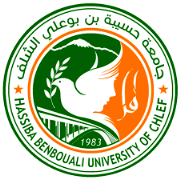Virtual Classes and EFL Students’ Linguistic Performance; Case Study of Engineering Students at Imam Abdulrahman bin Faisal University
DOI:
https://doi.org/10.70204/jlt.v4i1.308Keywords:
challenges of online learning, EFL learning, linguistic performance, students' attitude, virtual classesAbstract
This study identified the perceptions, attitudes, and difficulties that university students encountered to better understand how EFL virtual classrooms affected their language performance. In order to test the study's hypotheses, 124 engineering college students were given a three-section questionnaire comprising 29 statements, and 15 of them were also interviewed. All participants signed up for the English-language online writing composition course. The study's findings indicate that the participants had varying opinions about how virtual EFL classes affected the improvement of their linguistic ability. Additionally, the results showed that students only partially preferred this method of learning because they had to deal with a variety of concerns, including technological difficulties, inadequate instruction and training, financial commitments, workload pressure, and limited access to the internet. In order to properly employ virtual courses in the teaching of EFL, it is strongly advised that the aforementioned issues be fixed. This case study contributes to the body of research by focusing on a situation where there is a dearth of empirical data regarding EFL learners' perceptions of English learning. To understand why this disparity evolved, additional studies in this area are needed.












